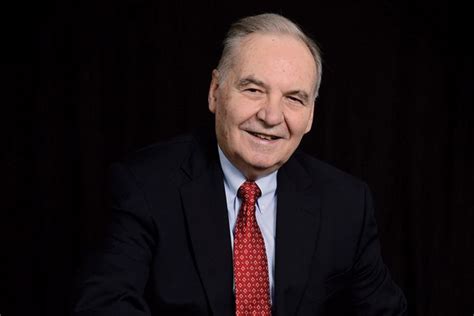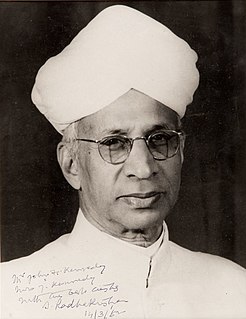A Quote by Edith Wharton
Old age, calm, expanded, broad with the haughty breadth of the universe, old age flowing free with the delicious near-by freedom of death.
Related Quotes
...it is so silly of people to fancy that old age means crookedness and witheredness and feebleness and sticks and spectacles and rheumatism and forgetfulness! It is so silly! Old age has nothing whatever to do with all that. The right old age means strength and beauty and mirth and courage and clear eyes and strong painless limbs.
The mediocre mind has no capacity for understanding. It is stuck somewhere near thirteen years in its mental age, or even below it. The person may be forty, fifty, seventy years old - that does not matter, that is the physical age. He has been growing old, but he has not been growing up. You should note the distinction. Growing old, every animal does. Growing up, only a few human beings manage.
To a large extent, the aged in our society are ghettoized. Old people are seen as useless, bypassed by history, old-fashioned, in the way. So, not surprisingly, when we reach the official mark of old age, we're supposed to go gently into that good night, to get off center stage and hand over the spotlight. Old age is also surrounded by shame - the myth of impotence and inability.







































